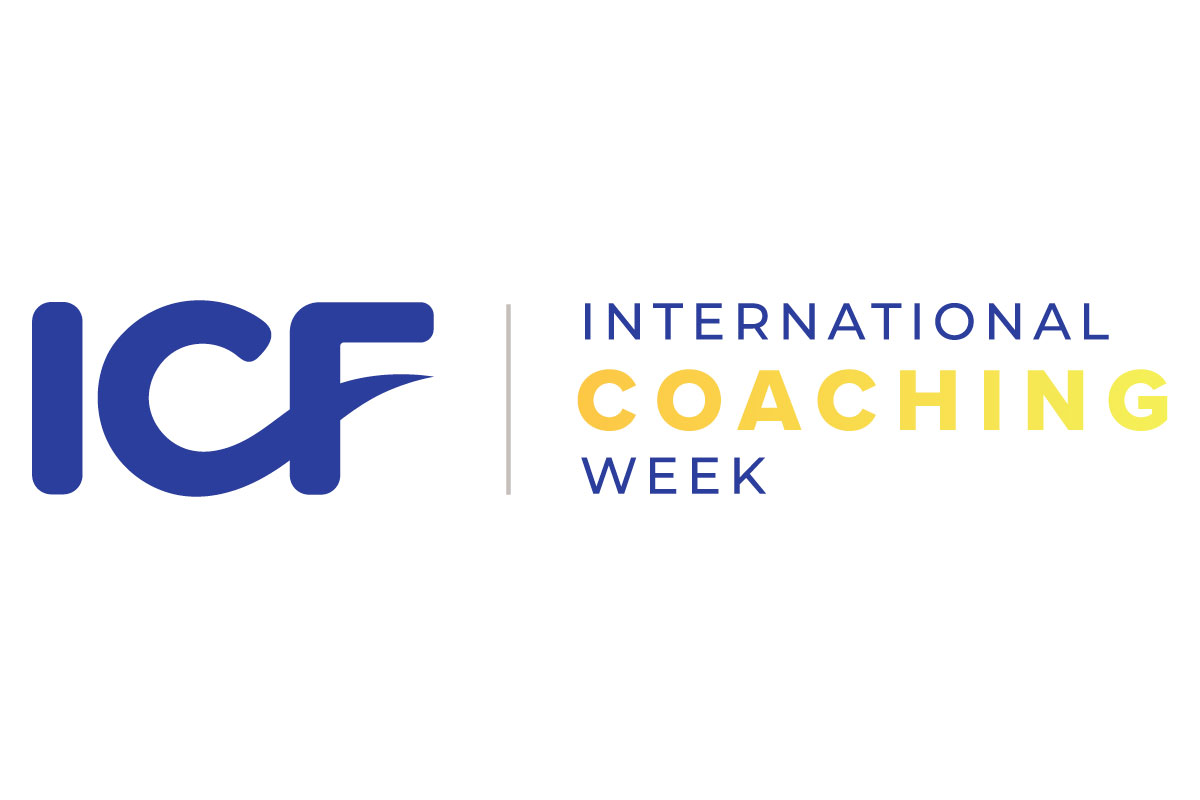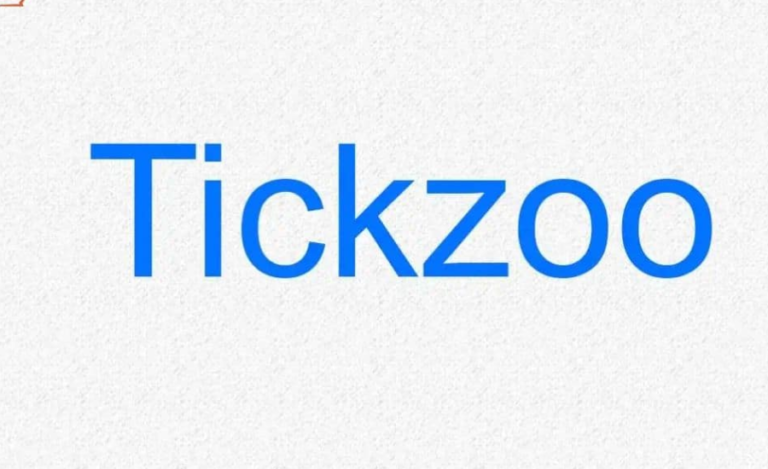Factors To Consider When Choosing ICF Coaching International
In the dynamic area of coaching, where professional development and personal growth collide, selecting the correct International Coach Federation (ICF) coaching programme is critical. Aspiring coaches wishing to advance in their professions must sift through a plethora of possibilities to find the right fit. This detailed guide delves into crucial variables to consider when choosing an ICF coaching international, facilitating informed decision-making and promoting a path to coaching excellence.
In today’s competitive coaching industry, becoming a qualified coach through an ICF-accredited programme has various advantages. When it comes to setting worldwide standards for coaching excellence, the International Coach Federation (ICF) prioritizes professionalism, competency, and ethics.
Selecting an ICF-accredited coaching curriculum provides people credibility and ensures that they are adhering to industry standards. This guide will assist you in matching your career objectives with the proper coaching programme by breaking down the key criteria that should be considered during your decision-making process.
Factors to Consider When Choosing ICF Coaching International
- Accreditation and Recognition
The accreditation of an ICF coaching programme is the most important consideration when selecting one. ICF-accredited programmes follow the federation’s stringent guidelines, ensuring high-quality training and global recognition. Accreditation validates the program’s curriculum, faculty, and administrative processes, ensuring a high-quality educational experience that meets industry standards. - ICF Credentialing Levels
Understanding the different credentialing levels offered by ICF—Associate Certified Coach (ACC), Professional Certified Coach (PCC), and Master Certified Coach (MCC)—is essential in mapping out your coaching career path. Each credential level reflects increasing levels of coaching experience, client hours, and demonstrated mastery of coaching competencies. Choosing a program that aligns with your desired credential level ensures targeted skill development and prepares you for the credentialing process. - Curriculum and Content
A comprehensive curriculum that covers core coaching competencies defined by ICF is fundamental to your professional development. Look for programs that integrate coaching ethics, establishing trust and intimacy with clients, active listening, and powerful questioning techniques. The curriculum should blend theoretical knowledge with practical application, equipping you with the skills needed to navigate diverse coaching scenarios effectively. - Faculty Expertise and Experience
The caliber of faculty members significantly influences the quality of education and mentorship you receive. Look for programs where faculty possess extensive coaching experience, ICF credentials, and a commitment to fostering the next generation of coaches. Faculty expertise not only enhances learning but also provides valuable insights and mentorship critical to your coaching journey. - Learning Format and Flexibility
Consider your preferred learning style and logistical constraints when evaluating program formats. Whether you opt for in-person, online, or blended learning, ensure the program’s format accommodates your schedule and geographical location. Flexibility in learning formats enables you to balance professional commitments with educational pursuits, optimizing your learning experience. - Peer Support and Networking Opportunities
The opportunity to connect with peers and build a supportive network is invaluable in your coaching journey. Programs that facilitate peer interaction, group coaching sessions, and networking events foster a collaborative learning environment. Networking with fellow coaches not only expands your professional circle but also provides opportunities for collaboration, shared learning, and mentorship. - Coaching Specializations and Electives
Explore programs that offer specialized coaching tracks or electives aligned with your coaching niche or target clientele. Specialized training enhances your expertise in specific areas such as executive coaching, life coaching, organizational coaching, or health and wellness coaching. Tailoring your education to align with your professional interests enhances your marketability and prepares you to meet the unique needs of your future clients. - Cost and Value
Evaluate the program’s cost relative to the value it offers in terms of education, resources, and career advancement opportunities. Consider factors such as included coaching practice hours, access to coaching tools and resources, and additional support services offered post-graduation. While cost is a consideration, prioritize value and the potential return on investment in terms of your coaching career growth and development. - Success Rate and Alumni Feedback
Insights from program alumni and success stories provide valuable perspectives on the program’s effectiveness and impact on graduates’ careers. Review testimonials, case studies, and alumni feedback to gauge the program’s ability to prepare coaches for real-world challenges and career success. Alumni experiences offer firsthand insights into the program’s strengths, areas for improvement, and its alignment with your professional goals. - Support for Certification and Continuing Education
Ensure the program provides robust support throughout the certification process with ICF. Programs that offer mentorship, guidance on accumulating coaching hours, and preparation for ICF credentialing exams enhance your path to certification. Additionally, inquire about opportunities for continuing education, professional development, and ongoing learning resources post-certification to sustain your coaching competence and expand your skill set.
Conclusion
Selecting an ICF coaching international is a revolutionary step towards attaining coaching excellence and having a significant influence on clients’ lives. You can choose a programme that provides a strong foundation for your coaching profession by giving accreditation, curriculum quality, faculty competence, and alignment with your career goals first priority. Invest in a programme that fits your learning preferences and professional objectives in addition to meeting ICF requirements.
Stay in touch to get more updates & news on techtrand!






